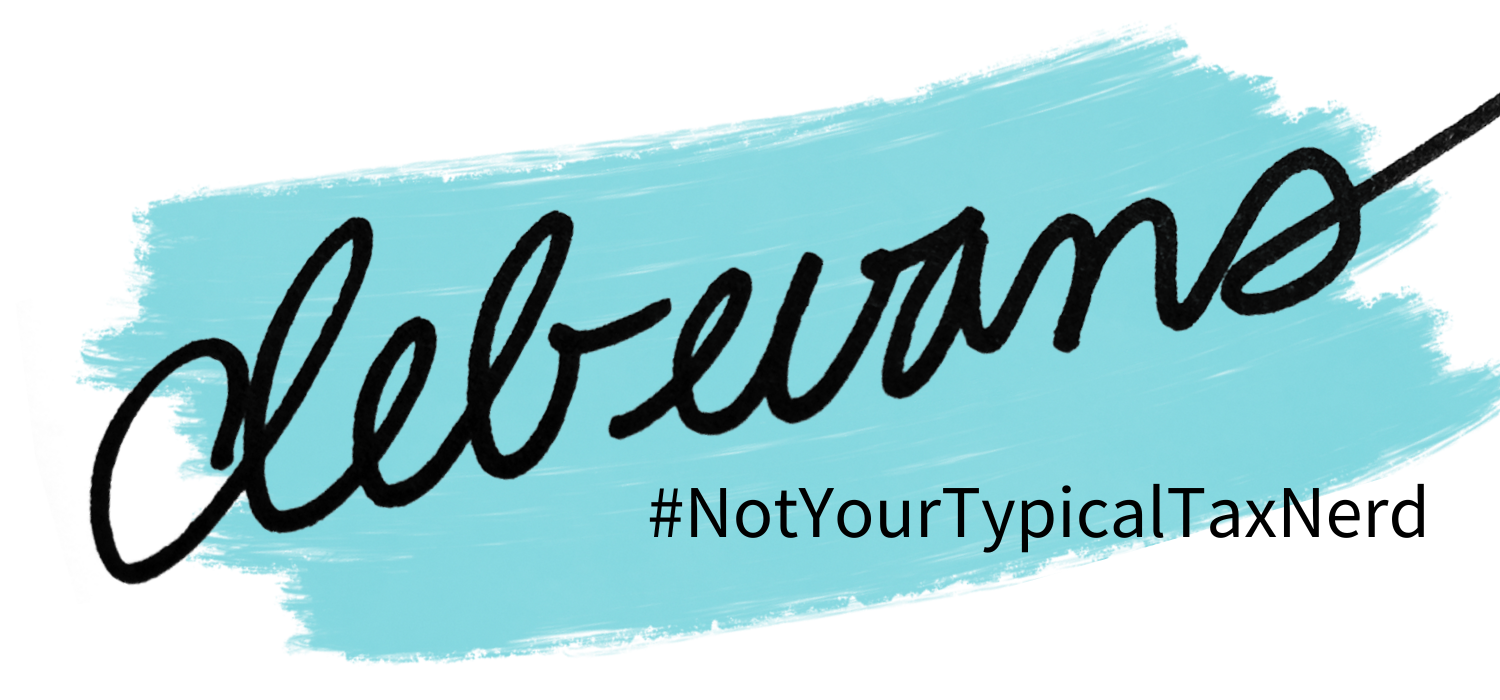Corporate Transparency Act - What You Need to Know!
UPDATE!
Hold up. Is the CTA unconstitutional?
12/23/24 UPDATE: Well, it’s back on again. Ugh. Today, the U.S. Fifth Circuit Court of Appeals has reversed a nationwide preliminary injunction that had paused the enforcement of Beneficial Ownership Information (BOI) reporting requirements under the Corporate Transparency Act (CTA). Deadline is 1/31/25 for all businesses formed with the state prior to 1/1/24. Businesses formed in 2024 had/have 90 days to file. This applies to LLCs, Partnerships, Nonprofits, and Corporations. If you have multiple filings, including real estate investments held in LLCs, you must file the BOI separately for each entity.
12/10/24 UPDATE: In the lawsuit referred below, the judge has now issued an injunction halting the enforcement of the CTA. What does that mean? The feds have already appealed, so no one knows what the outcome will be. As of today, however, you are not required to file the Beneficial Owners’ Information Report discussed in this blog post. That could change at any time though. ~Deb
A second lawsuit challenging the Corporate Transparency Act (CTA) has been filed—this time, in a Michigan court. The Small Business Association of Michigan and other plaintiffs filed a federal lawsuit in the Western District Court of Michigan, Southern Division, seeking declaratory judgment and injunctive relief against the U.S. Treasury. (☆) The legal challenge follows a similar case filed earlier this month. (☆) In that case, U.S. District Judge Liles C. Burke of the Northern District of Alabama, Northeastern Division, found the CTA "exceeds the Constitution's limits on Congress' power." The federal government has since appealed the case. (From Kelly Erb, Forbes). As of November 2024, the case is still working its way through the courts, but it has not ended the requirement to file. The deadline to file is still January 1, 2025. So far, FINCEN has only received about 6.5 million filings–they expect to receive 32 million reports.
The Facts
The Corporate Transparency Act (CTA) is a new federal law that requires most U.S. businesses, including corporations, LLCs, and limited partnerships, to report who the businesses owners are, including their contact information. It aims to combat illegal activities by requiring companies to report information about their beneficial owners to the U.S. government.
I will NOT be providing this reporting service for my clients. Most small businesses will be able to fill out the required forms on their own. If you do not want to do it on your own, then I recommend using CorpNet for this service. I have an affiliate relationship with them, so I will make a small commission if you use this link.
Here's what small business owners need to know.
Overview of CTA
The CTA, effective from January 1, 2024, mandates that small and privately held companies report information about the individuals who ultimately own and control those companies.
Reports, called "Beneficial Owner Information" (BOI) reports, must be filed online with the U.S. Department of Treasury's Financial Crimes Enforcement Network (FinCEN).
Who Needs to File?
Every "reporting company," including any corporation, LLC, or other entity, must file a BOI report. This also includes non-U.S. entities doing business in the U.S.
Exemptions
The CTA provides 23 exemptions from the definition of a "reporting company." These generally apply to already highly regulated businesses such as publicly traded companies, regulated insurance companies, and banks.
Filing Deadlines
Reporting companies created before January 1, 2024, have until January 1, 2025, to file their initial BOI report with FinCEN.
New companies created or registered in 2024 have 90 days from formation to file, and those created after January 1, 2025, have 30 days.
What to Include in the BOI Report
For the reporting company: full legal name, trade names, current address, jurisdiction of formation, and Employer Identification Number (EIN).
For every "beneficial owner": full legal name, date of birth, residential address, and identification copy.
Who is a "Beneficial Owner"?
A "beneficial owner" owns or controls at least 25% of the ownership interests in the company or exercises substantial control over the company.
Reporting Changes
This is a one-time registration. However, ANY CHANGE in the information provided in a BOI report must be reported within 30 days.
Privacy, Security, and Authorized Access
FinCEN will permit certain officials and financial institutions access to reported information for authorized activities related to national security, intelligence, and law enforcement.
Penalties for Non-Compliance
Willful failure to file complete or updated BOI reports may result in civil or criminal penalties, including fines and imprisonment.
How to File
Beginning January 1, 2024, reporting companies will be able to file BOI reports by logging onto FinCEN's website. Be cautious of fraudulent correspondence and use only verified channels for BOI report submissions.
Where to File
CorpNet (affordable service)
Preparing for CTA Compliance
Start collecting required reporting information.
Seeking Legal Guidance
Most small businesses should have no difficulty complying without assistance. For larger businesses with many owners, you may wish to reach out to an attorney.
For a more detailed understanding, you can access the "Small Entity Compliance Guide" and FAQs provided by FinCEN.
The following image walks you through the actual filing process:
The Fine Print
This material has been prepared for informational purposes only, and is not intended to provide, and should not be relied on for, tax, legal or accounting advice. You should consult your own tax, legal and accounting advisors before engaging in any transaction. IRS Circular 230 Notice: To ensure compliance with requirements imposed by the IRS, we inform you that any U.S. tax advice contained in the entries in this blog (including any attachments) is not intended or written to be used, and cannot be used, for the purpose of (i) avoiding penalties under the Internal Revenue Code or (ii) promoting, marketing or recommending to another party any transaction or matter addressed herein.

